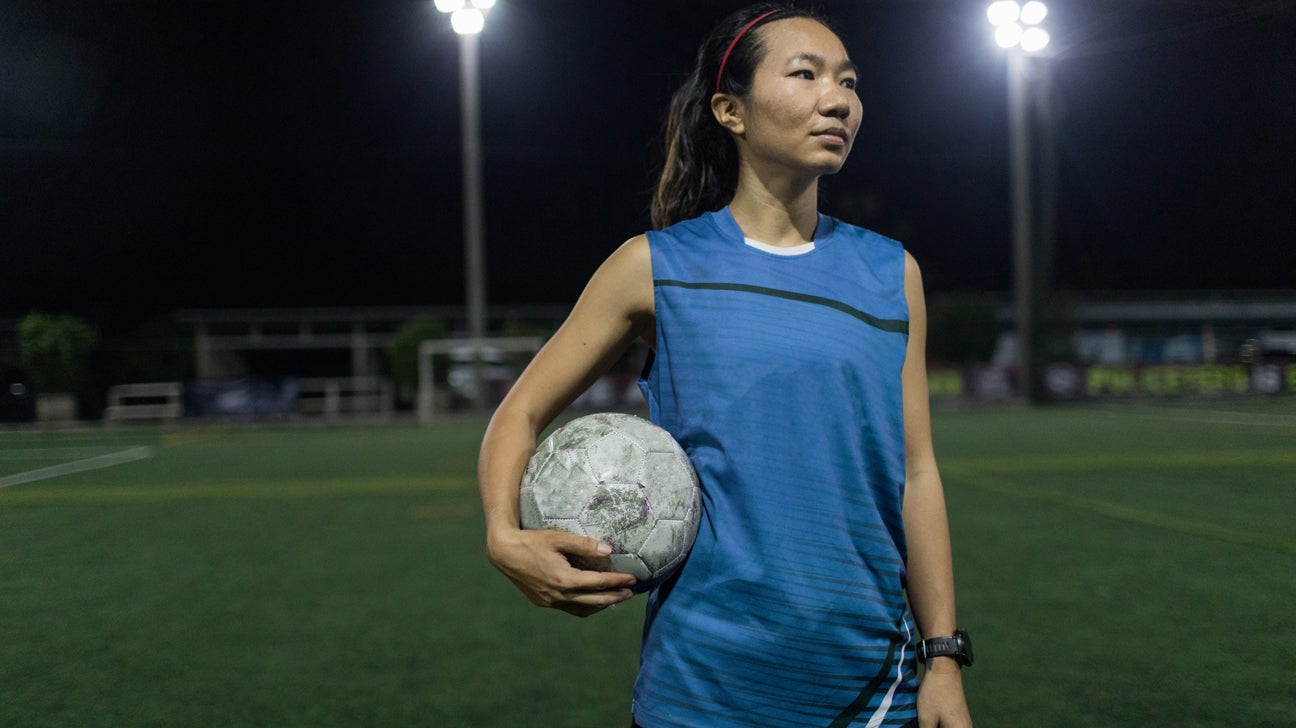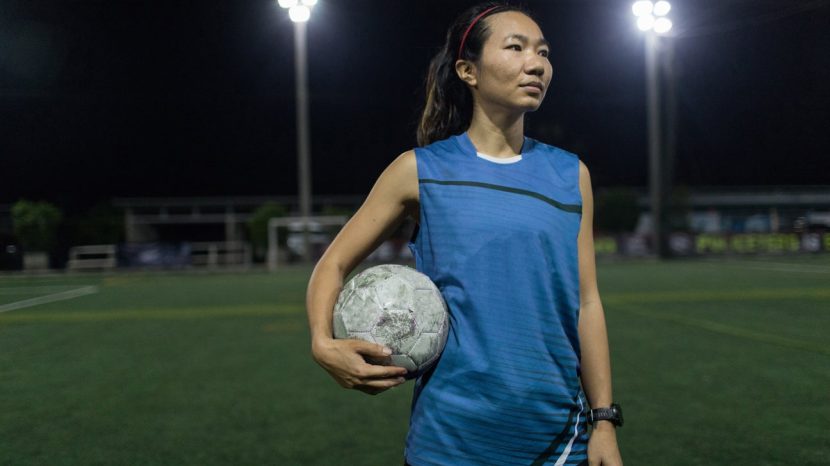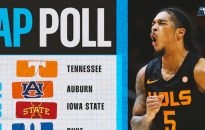Now that the dust has settled, responsible adults have a duty to look back on what we witnessed during college football’s rivalry week and understand it was all part of a larger and very disturbing trend we MUST reverse. The Atlantic Coast Conference fined four of its schools — North Carolina State, North Carolina, Virginia […]


Now that the dust has settled, responsible adults have a duty to look back on what we witnessed during college football’s rivalry week and understand it was all part of a larger and very disturbing trend we MUST reverse.
The Atlantic Coast Conference fined four of its schools — North Carolina State, North Carolina, Virginia and Virginia Tech for in-game scuffles. But those didn’t top what happened after the Michigan Wolverines beat the Ohio State Buckeyes and violence broke out midfield to the degree that pepper spray was employed, one police officer suffered a head injury and the Big Ten decided to fine each school $100,000.
If your reaction to the previous sentence was something along the lines of “Yeah, but they started it because …” you are part of the problem. Nothing justified the kind of behavior that was on display that weekend. It goes beyond poor sportsmanship to bordering on criminal.
What are we teaching our young people when they believe violence to the point of sending a police officer to the hospital is justified in relation to a sporting event? (Or ever, frankly?)
But it’s not just athletes in college or at the professional level, and it’s not just those playing on the field.
Spectators are behaving in wildly inappropriate ways, too.
When a high school football player feels the need to hide in a locker room rather than face walking back to his bus in front of jeering, threatening adults in the stands after a game; when groups of fans act as though they have attended an event purely for the sake of getting into a fight, rather than supporting a team; when “rivalry” no longer means something grudgingly respectful but rather something downright dangerous, we have lost our minds.
When bar patrons feel compelled to assault a fellow customer simply because that person was wearing an item of clothing bearing the logo of the “rival” team; when middle aged people feel comfortable yelling nasty insults to middle schoolers playing on a basketball court; when we demonstrate to our young people that we are willing to stoop to loathsome lows, something is broken.
We’ve got to fix it. And that starts with behaving as though we understand sports are important for a lot of wonderful reasons. They are not a matter of life or death. They should be a matter of respect, sportsmanship, responsibility and learning how to become better human beings.
That goes, too, for the folks in the stands. Attend sporting events to support athletes or teams, and do so while respecting the other fans, the coaches, players and officials.
Your job is to lead by example. Start being part of the solution, rather than the problem.














